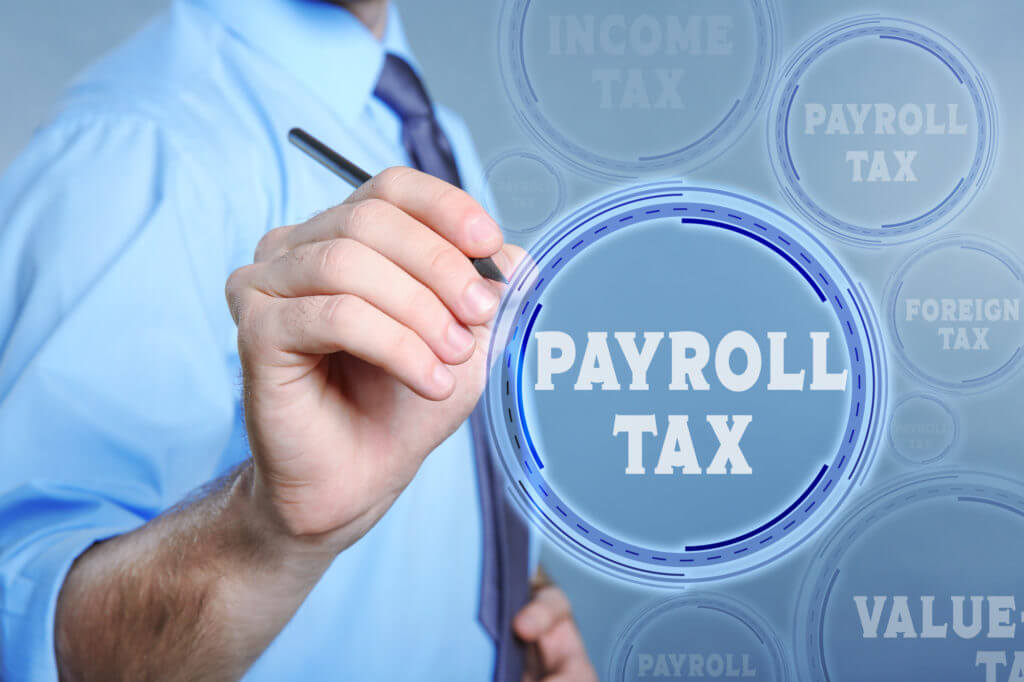Understanding Tax Obligations for Independent Contractors: A Comprehensive Guide

It is crucial to establish the distinction between independent contractors and employees. Independent contractors typically have more control over their work schedules and choosing clients. Employees are subject to their employer’s supervision and follow company policies. As an independent contractor, it’s important to understand their tax obligations. Traditional employees have their taxes withheld from their paychecks, whereas independent contractors are responsible for paying their own taxes. In this comprehensive guide, we will discuss everything you need to know about tax obligations as an independent contractor.
What are Independent Contractors?
Independent contractors are self-employed individuals who work for clients on a project-by-project basis. Since they are responsible for their own taxes it is important they understand the tax obligations that come with this type of work. Independent contractors are not considered employees and don’t have the same benefits or protections as traditional employees. Being proactive about tax planning can help an independent contractor minimize their tax liability and avoid surprises at tax time.
Tax Obligations for Independent Contractors
An independent contractor is responsible for paying self-employment taxes. Self-employment taxes are a combination of Social Security and Medicare taxes, and they are calculated based on net earnings. The current self-employment tax rate is 15.3%, which consists of 12.4% for Social Security tax and 2.9% for Medicare tax. These taxes are required for any self-employed income that is more than $400 in a year.
In addition to self-employment taxes, independent contractors are also responsible for federal and state income taxes. The amount of federal income tax depends on the total income for the year, less any eligible deductions and credits. It is important to keep accurate records of income and expenses throughout the year to accurately calculate tax liability.
Estimated Tax Payments
As an independent contractor, you’re also required to make estimated tax payments throughout the year. These payments are due on a quarterly basis and are based on your projected income for the year. If you don’t make estimated tax payments, you could face penalties and interest charges.
Deductible Expenses
One benefit of being an independent contractor is the ability to deduct certain expenses from taxable income. Deductible expenses include things like home office expenses, business supplies, and travel expenses. Contributions to a self-employed retirement plan, such as a SEP-IRA or Solo 401(k), can also lower taxable income. It is essential to keep accurate records of all expenses in order to claim these deductions on a tax return.
Proper record-keeping includes basic practices like maintaining separate accounts for personal and business transactions, retaining all receipts and invoices related to business for at least three years, and tracking income and expenses using a spreadsheet or accounting software.
Tax Filing Requirements
Independent contractors need to file an annual tax return. This tax return will include a Schedule C, which is used to report income and expenses for the business along with a schedule SE to calculate the self-employment tax liability.
When earning income as an independent contractor, there may also be a need to make state and local tax payments. The requirements for state and local taxes vary by jurisdiction, so it’s important to check with the state and local tax authorities to determine tax obligations.
Conclusion
Understanding your tax obligations as an independent contractor is crucial to avoiding penalties and maximizing your tax savings. By keeping accurate records of income and expenses, making estimated tax payments, and taking advantage of deductible expenses, an independent contractor can minimize their tax liability and keep more of their hard-earned money. If unsure about the tax obligations as an independent contractor, it’s always a good idea to consult with a tax professional to guide the process.






Responses